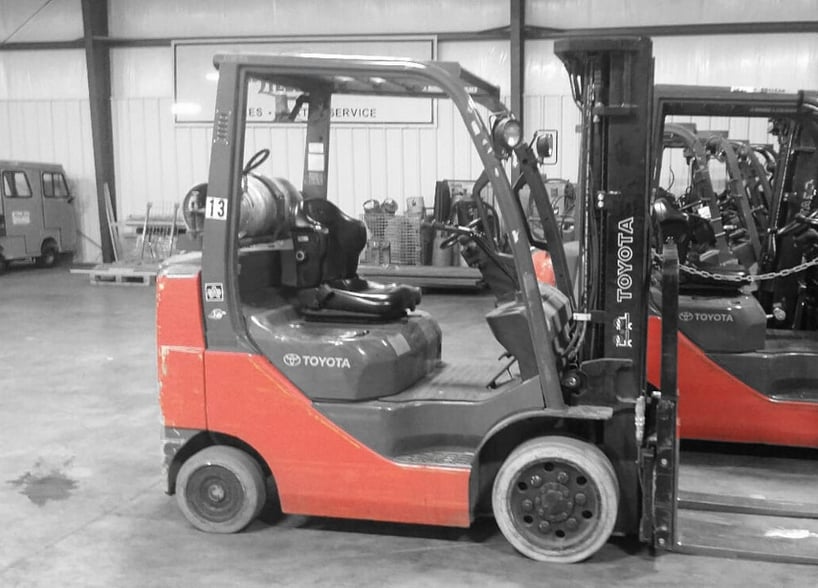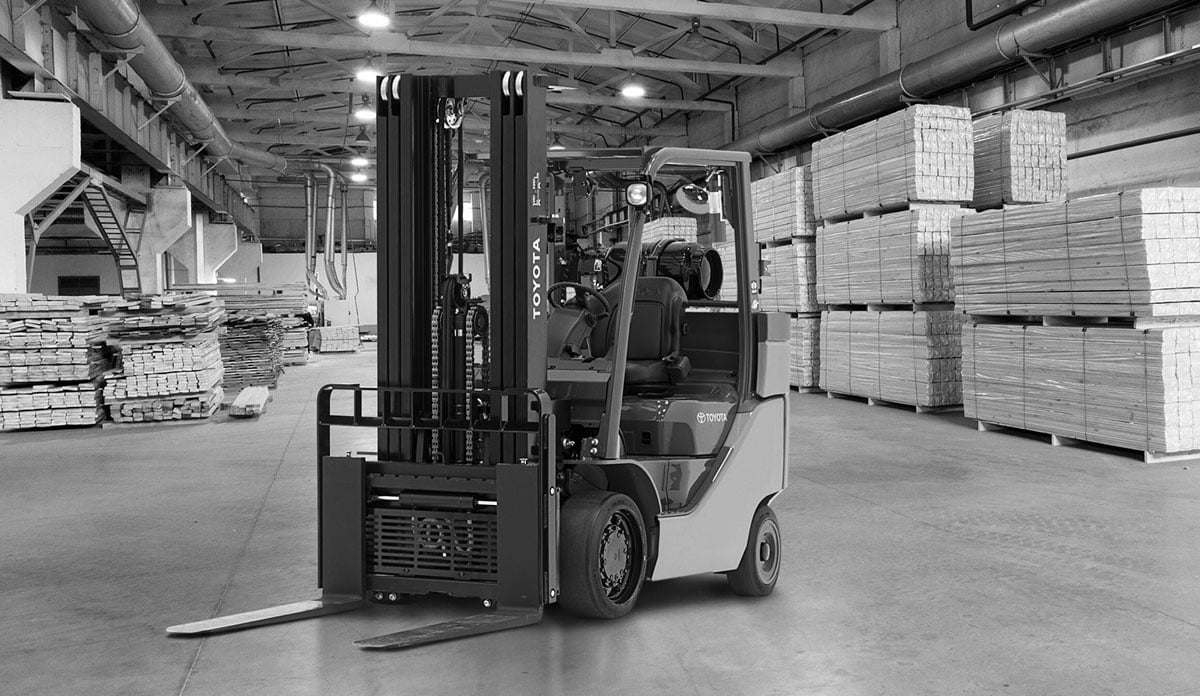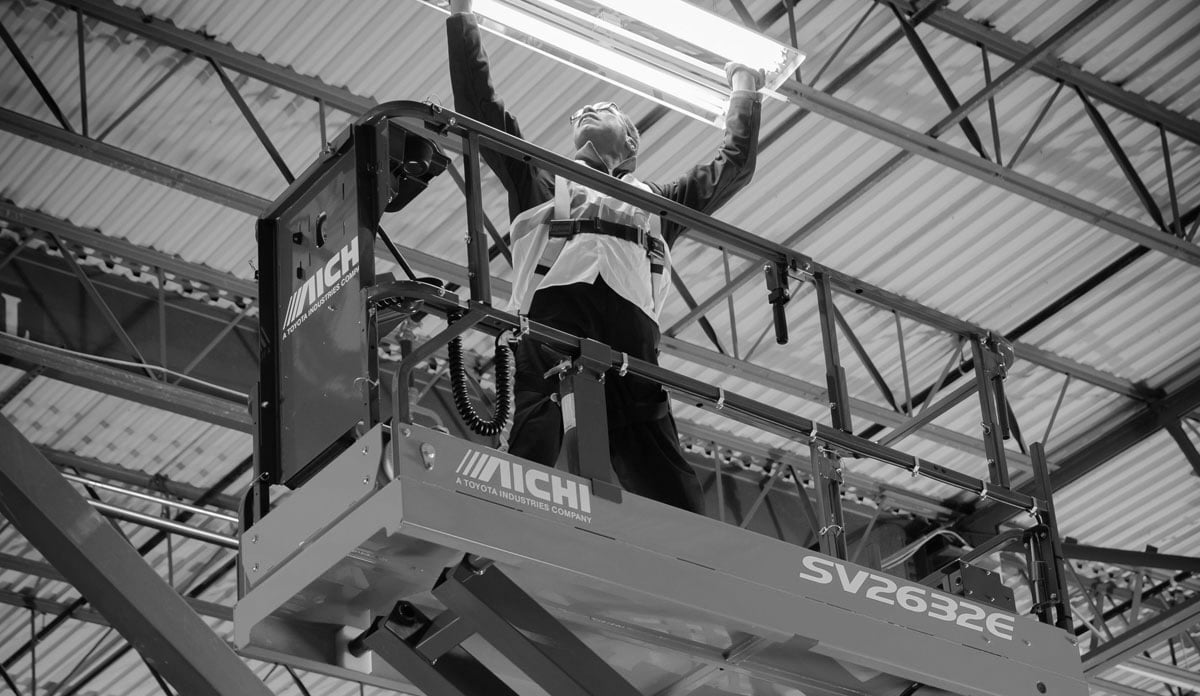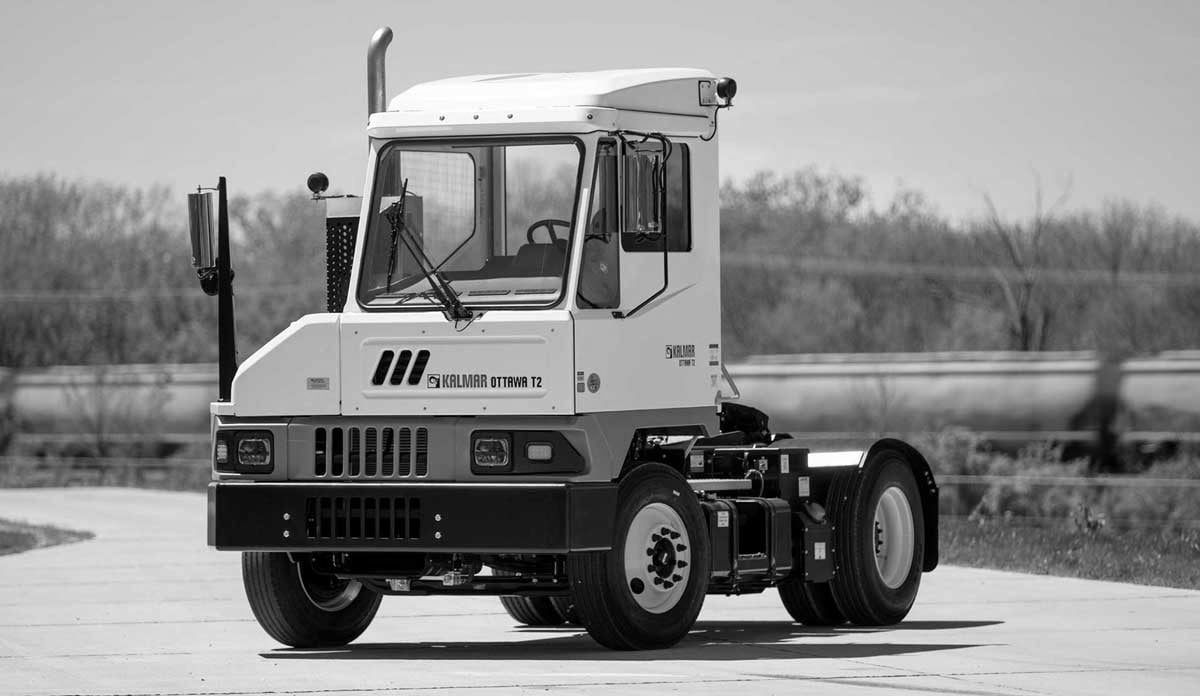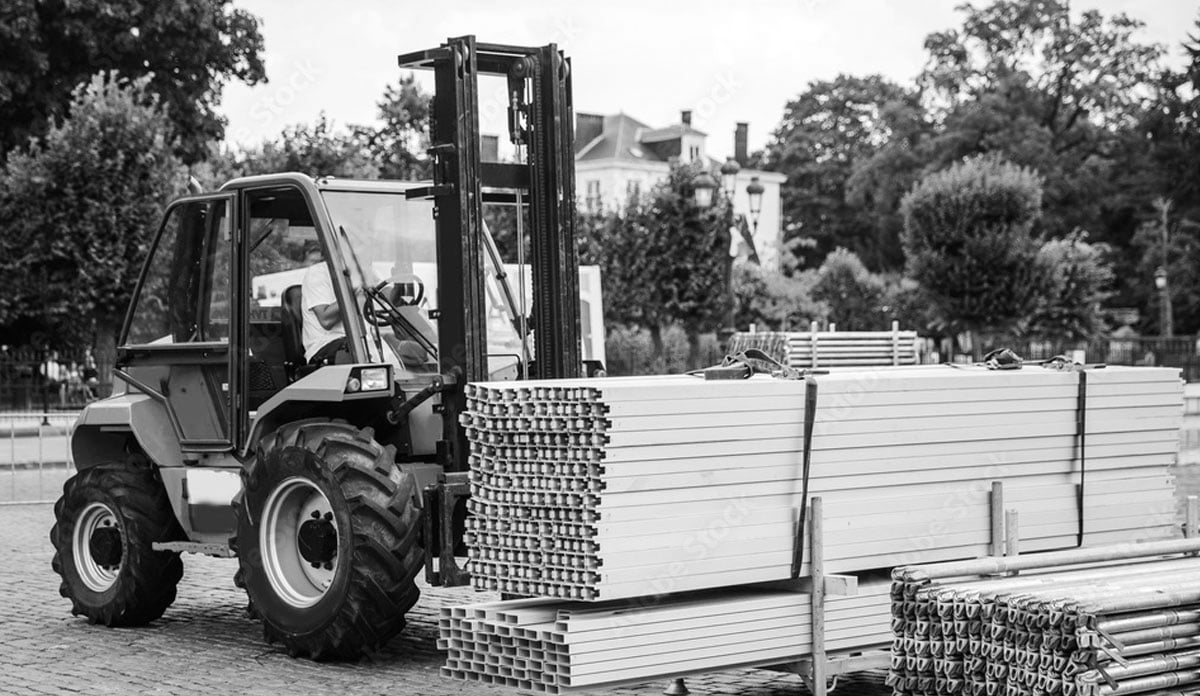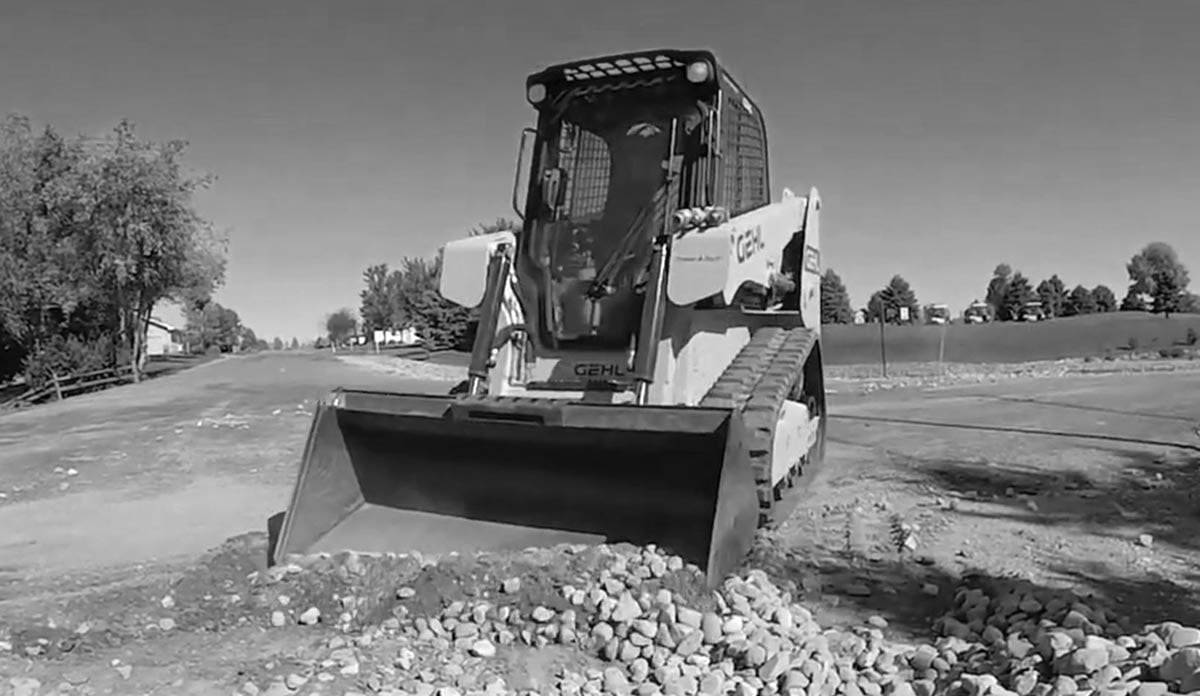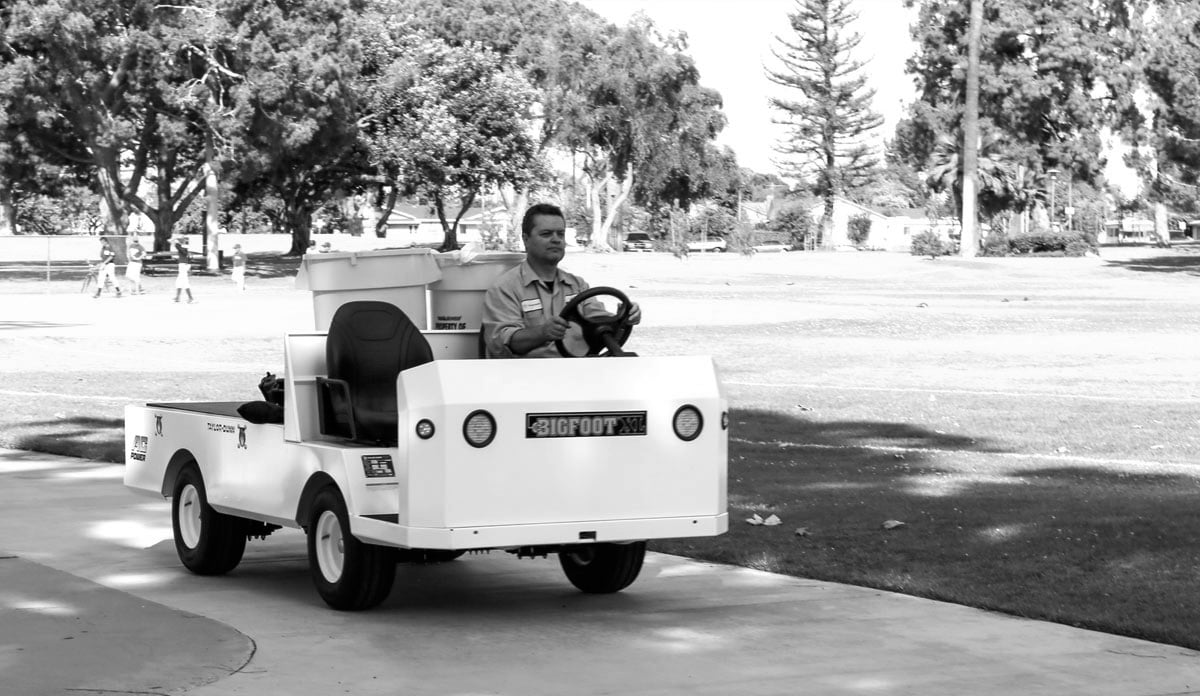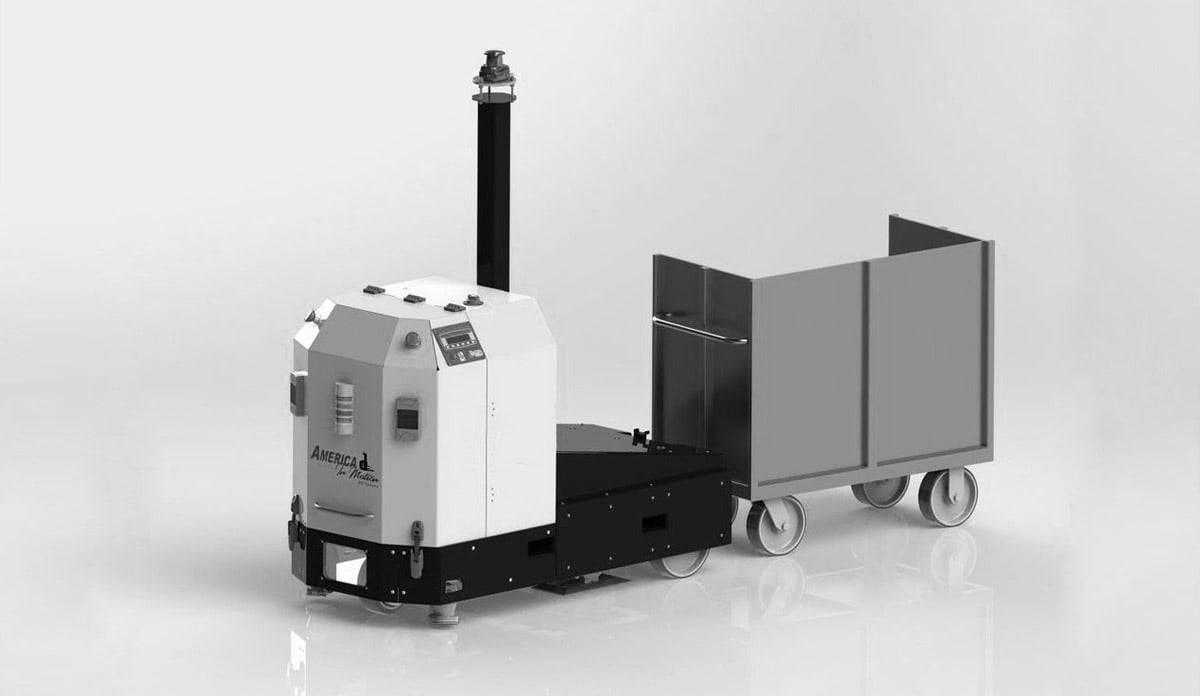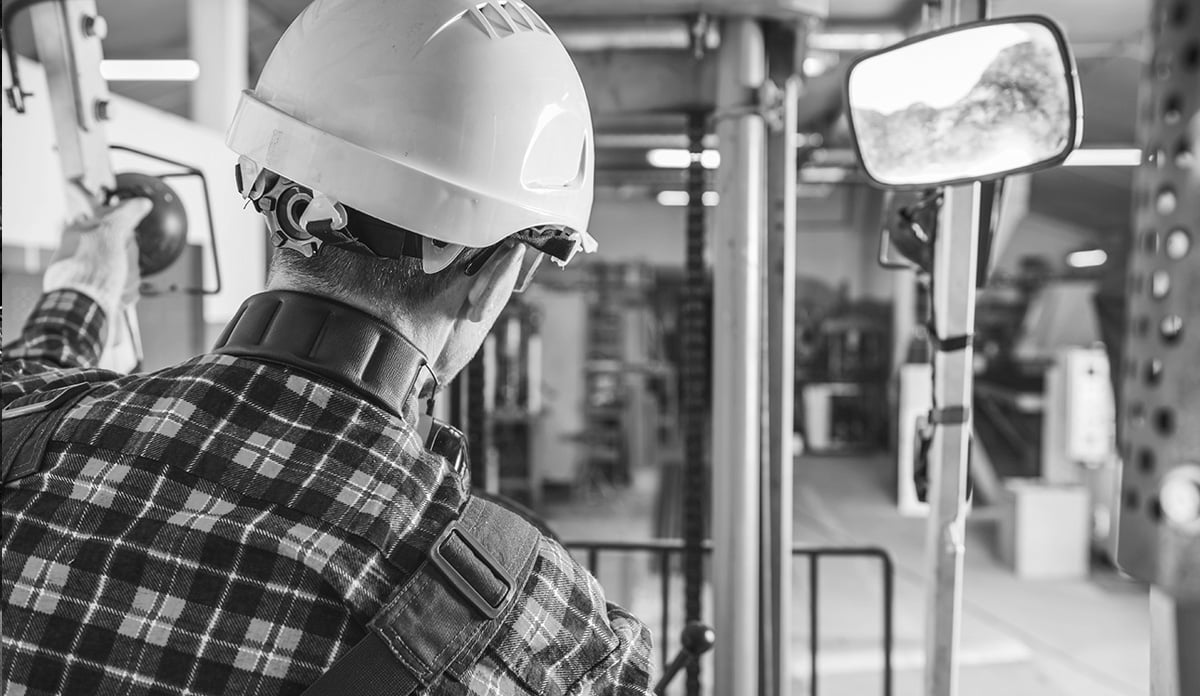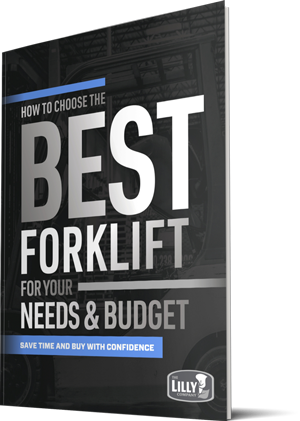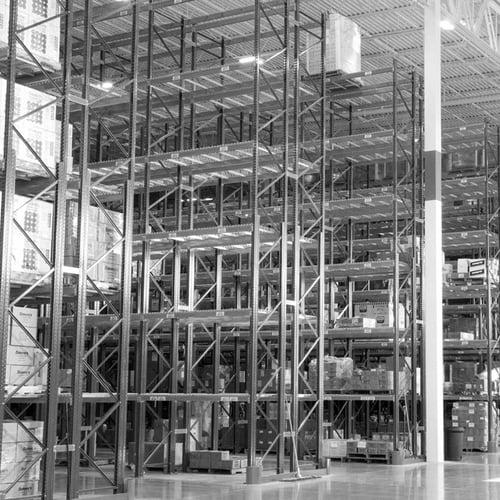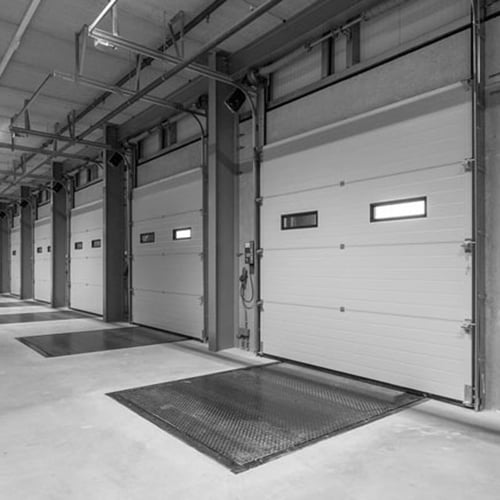Equipment You Need Without the Commitment
Rent Material Handling Equipment
Reliable equipment for any Job, Big or Small, in Alabama, Arkansas, Mississippi, and Tennessee—Hassle-Free!
Competitive pay, commissions, bonuses, and more.
We're Hiring Experienced Forklift Mechanics in the Atlanta Area
Fulton County Mechanics, Apply Now & Start a Rewarding Forklift Technician Career
Apply Now!
Quality Equipment
Reliable Service
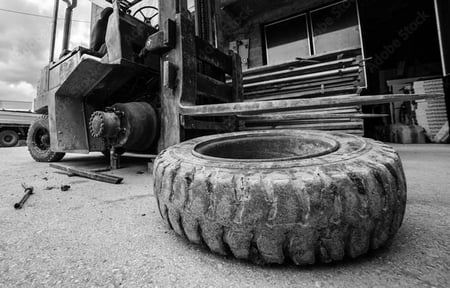
In material handling, you have to be ready for anything
- Equipment failure
- Unplanned downtime
- Adapting to growth
- Employee safety
You don't have to do it alone
Get a partner who can step in and handle everything
Get Support
You don’t have to go it alone. We’ll have your back and help you keep your warehouse as safe, efficient, and profitable as possible.
Get Equipped
We’ll come to you and get to know your business, so you get exactly what you need without blowing your budget on things you don’t.
Get Serviced
Equipment should make your life easier, not harder. We’ll take care of repairs and service for you, so you can get back up and running.





Lean on the most trusted name in material handling
At The Lilly Company, we believe setting you up for a successful operation means more than selling you equipment. You need the right equipment and the right service so your staff can do their job best, and your customers can get their goods fast.
Since 1919, we’ve been helping businesses like yours grow and maintain their operation without making costly mistakes along the way.
We wouldn’t have made it over 100 years without genuine expertise and integrity. At The Lilly Company, we’re real people who treat you like a real person.
"Working at a government run site it is important to obtain high-quality equipment to be a good steward of taxpayer money. The Lilly Company is my go-to solution for forklift, material handling equipment, and services. Lilly also helps me find solutions for specialty situations, solutions I would never think of. Their recommendations often keep me from making a mistake. And, they respond quickly to my needs. There is a personalized touch, working with them. I highly recommend buying from The Lilly Company!"
"We've had a relationship with Lilly for 20 years. We've tried other companies, but Lilly is always the first group we reach out to. Of the material handling companies we deal with, Lilly is by far the better company. They've been around the longest and provide the best service. Brad Gregory has always done everything he could do for us. He's always helped us and taken care of our business. He's always been a good sales rep."
GET THE BEST FORKLIFT FOR YOUR NEEDS & BUDGET
Even If You're a Busy or a First Time Buyer
Should you buy or lease? Do you need attachments? What about used forklifts?
Don’t second-guess whether you’re purchasing the right forklift. Our free guide helps busy managers simplify the decision-making process by explaining:
- How to avoid buying the wrong forklift
- When to choose an electric vs. internal combustion forklift
- Ways to maximize your buying power
- Important questions buyers forget to ask
How to get what you need from a partner you can trust:
 Get An Expert
Get An Expert
Contact us and we’ll get you paired with a material handling expert in your area.
 Get What You Need
Get What You Need
We’re not just out for the sale. We’ll ask questions, dig deep and evaluate your operation to make sure you get exactly what you need.
 Get It Done
Get It Done
With The Lilly Company by your side, you'll stop fixing problems all day, and start running the safest, most efficient, and most profitable operation possible.
Complete this form to get connected with an equipment or service expert today.
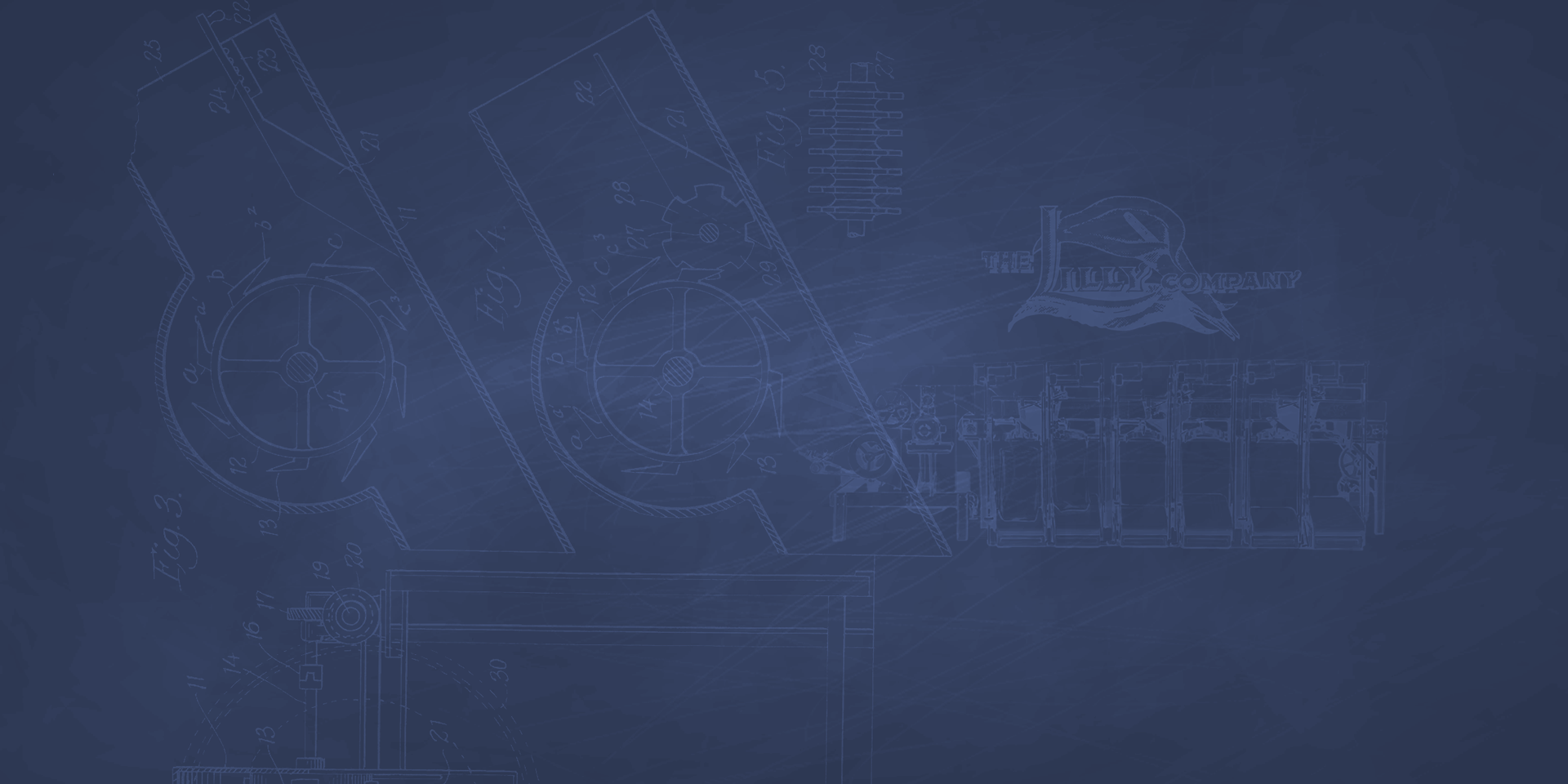
WE ARE HERE FOR YOU
You deserve an equipment and service partner you can depend on.
WAREHOUSE SOLUTIONS TO KEEP YOUR OPERATION THRIVING
We make doing business with us as simple as possible.
We treat you the way we want to be treated.
We show up when you need us, treat you and your team with respect, get the job done, and follow up.
Read the Blog
Learn more about the equipment that makes your operation tick.
5 min read
AGV Navigation Systems 101
Jun 27, 2025 by Boone Faulkner
4 min read
The 3 Most Common Workplace Injuries & How To Protect Your Team
Jun 13, 2025 by John Wofford
3 min read
What’s So Special About the Tora Max Compact Electric Pallet Jack?
May 30, 2025 by Jason Bane
















